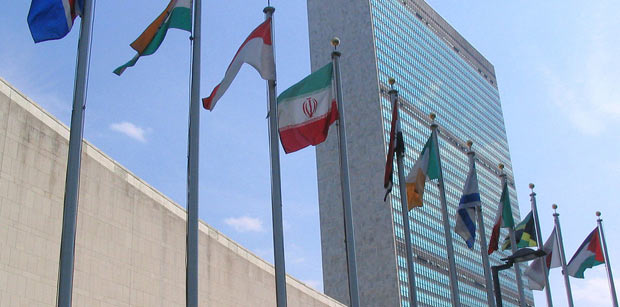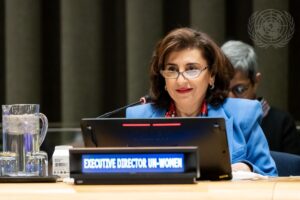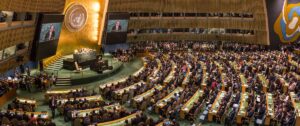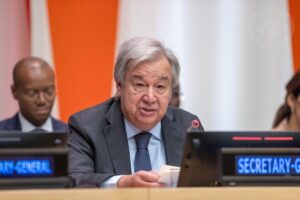The Challenge
From growing violence in fragile states — to threats posed by climate change, cyber-attacks, and terrorism — the world needs a new kind of leadership and the sort of action-oriented research and coalitions that can help to bring it about. History tells us, however, that devastating losses have preceded every radical change to the institutions of global governance, those bodies intended to help humanity steer a collective path through global-level challenges. If humanity hopes to prevent devastating loss to future generations but still attack its global problems, it will need to work within its present institutions — adapting and modernizing the United Nations and related governance architectures — while building new tools to meet the rising global challenges of the 21st century.
“Stimson is working with a wide range of international partners — both non-governmental and within governments — to stand-up a larger, extended track 1.5 global dialogue on preventing and responding to deadly conflicts and state fragility.”
Our Approach
To confront today’s challenges an attractive ethical vision and a clear operational road map are essential to guide how we “get from here to there” in renovating and reinvigorating global institutions, tools, and networks. Focused on fostering innovation at the intersection of security and justice in global governance, Stimson’s Just Security 2020 program undertakes research and mobilizes political support for global institutional reforms in the areas of preventing violent atrocities, mitigating the effects of climate change, and governing the hyperconnected global economy for the benefit of all, as recommended by the Albright-Gambari Commission on Global Security, Justice & Governance.
Following more than 35 promotional events worldwide for the report of the Albright-Gambari Commission titled Confronting the Crisis of Global Governance, efforts were initiated, starting in June 2016, to build a “smart coalition” of state and non-state actors dedicated to engendering select yet ambitious global governance reforms in the run-up to the U.N.’s 75th anniversary in 2020.
Stimson, along with the United Arab Emirates Mission to the United Nations; the Savannah Centre for Diplomacy, Democracy, and Development (based in Abuja, Nigeria); and Friedrich-Ebert-Stiftung; convened an experts dialogue on global governance reform and conflict-affected states at the United Nations. The convening brought together Permanent Representatives and other U.N. Mission representatives, senior U.N. officials, and international think tank, NGO, and academic experts to:
• Assess the progress achieved by recent global initiatives seeking to improve international responses to violent conflict and state fragility.
• Identify gaps in existing reform agendas.
• Suggest ways to enhance existing global networks and coalitions, or to create new ones, to better address key aspects of violent conflict and state fragility.
Major takeaways from this rich, multistakeholder exchange (summarized by the UAE Permanent Representative to the UN, H.E. Ambassador Lana Nusseibeh), were: first, prevention must sit at the core of all efforts to cope with violent conflict and state fragility, and proper incentives and metrics for assessing the progress of the U.N. and its Member States should be introduced; second, the next Secretary-General should focus on and institutionalize gender parity reforms in the U.N. system, and careful consideration needs to be given to galvanizing Member States to support this reform agenda in their national institutions as well; third, as shared by Afghan Ambassador Mahmoud Saikal and other presenters, the reforms proposed by the various U.N. peace and security mandate reviews in 2015 are welcomed, but for some challenged countries, the needed reforms are viewed as “too little, too late,” and finally, 2016 represents a transition year for the United Nations, and further track 1.5 dialogues with diverse international partners can help to identify critical gaps and inform international policy makers.
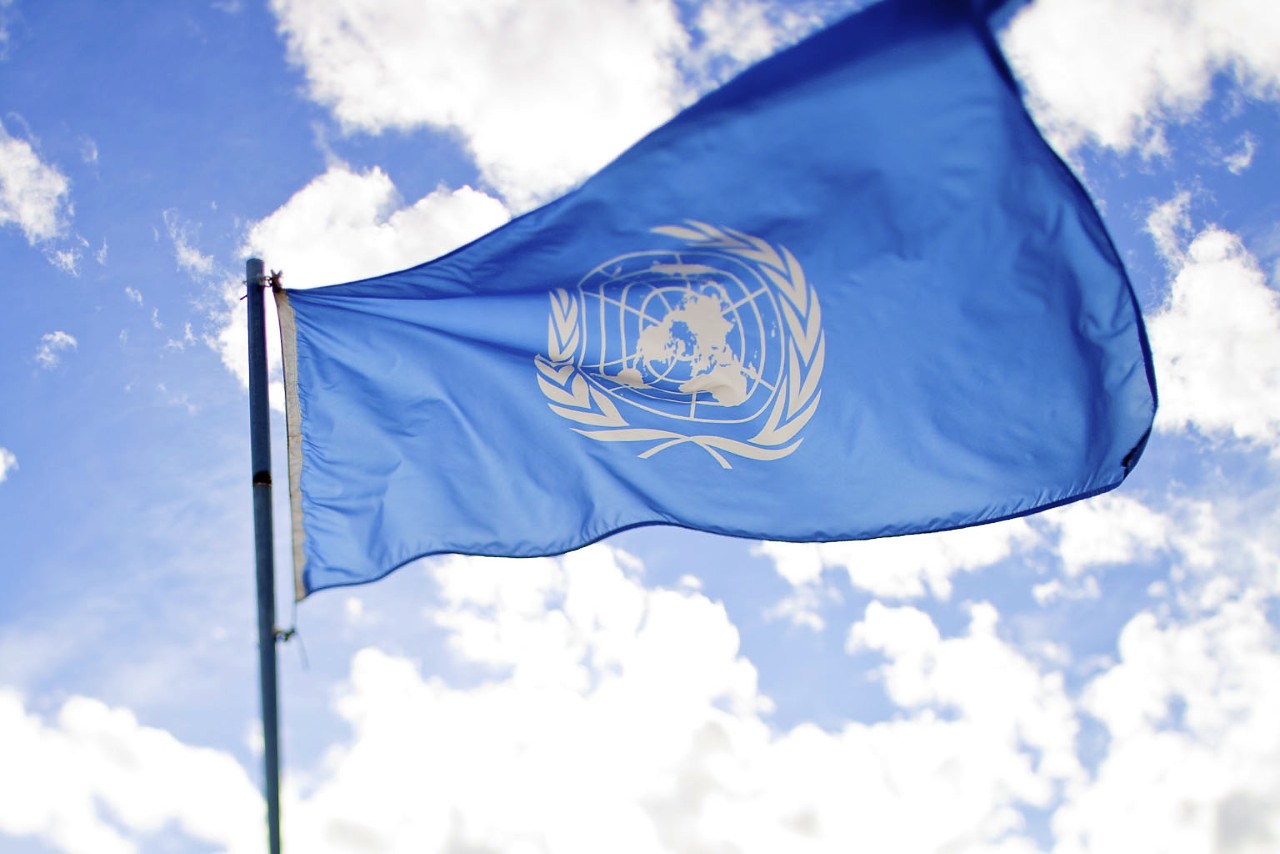
Our Impact
Drawing on the insights and recommendations from this experts dialogue, Stimson is working with a wide range of international partners — both non-governmental and within governments — to stand-up a larger, extended track 1.5 global dialogue on preventing and responding to deadly conflicts and state fragility. We plan to undertake further multi-stakeholder dialogues to build consensus and advance select global governance reforms on other major themes taken up by the Albright-Gambari Commission, including climate governance, the hyperconnected global economy, and strengthening the United Nations and other institutions of global governance.
Through these activities, the Just Security 2020 program aims to revitalize and focus the U.N. and other global institutions on 21st century challenges at the intersection of security and justice. Many of the challenges confronting the international community will not be solved in the coming months, years, and even decades. At the same time, with careful planning and analysis, combined with enlightened global leadership — and a coalition of support from within civil society, media, regional organizations, and the business community — much can be achieved in the lead-up to the world body’s historic commemoration and unprecedented gathering of world leaders in September 2020 in New York.

